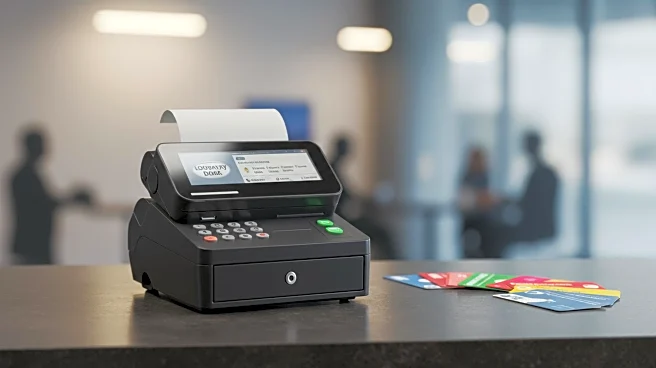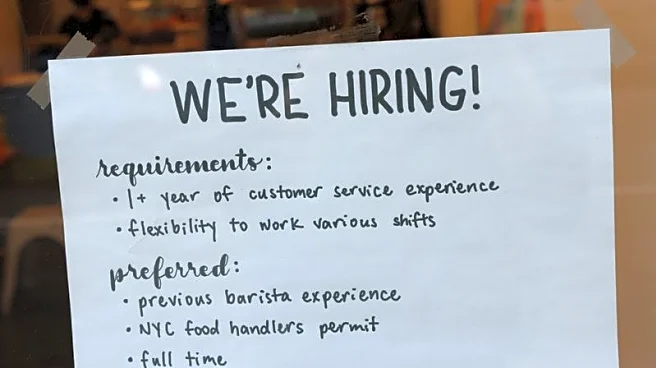What's Happening?
Convenience retailers are increasingly investing in loyalty programs, yet determining the return on investment (ROI) remains a complex challenge. At the CSP Outlook Leadership conference in Rancho Palos Verdes, California, industry leaders discussed strategies for measuring loyalty performance. The panel, moderated by Abbey Lewis, CSP’s vice president of content strategy, included Jon Bunch from Martin & Bayley Inc., Whitney Johnson from EG America, and Max Clark from PAR Retail. Bunch emphasized the importance of recency, frequency, and monetary (RFM) metrics, noting that while short-term ROI is reflected in increased revenue, long-term success is defined by customer lifetime value. Johnson highlighted the emotional aspect of loyalty, stressing the need for consistent customer experiences. She also mentioned the importance of evaluating the value loyalty programs deliver to vendor partners. The discussion underscored the need for hypothesis-based testing to forecast and measure performance results.
Why It's Important?
The evaluation of loyalty programs is crucial for convenience retailers as they seek to enhance customer engagement and drive revenue. Understanding the ROI of these programs can lead to more effective marketing strategies and improved customer retention. The insights shared at the conference highlight the significance of balancing immediate financial gains with long-term customer relationships. Retailers that successfully implement loyalty programs can potentially increase customer lifetime value, thereby securing a competitive edge in the market. Additionally, the focus on delivering consistent experiences aligns with broader industry trends emphasizing customer-centric approaches. This discussion is particularly relevant as retailers navigate the evolving landscape of consumer expectations and technological advancements.
What's Next?
Retailers are likely to continue refining their loyalty programs, incorporating feedback from industry discussions and testing new strategies. The emphasis on hypothesis-based testing suggests that companies will increasingly rely on data-driven approaches to optimize program effectiveness. As the industry evolves, retailers may explore innovative technologies to enhance customer experiences and deepen emotional connections. Stakeholders, including vendor partners, may also play a more active role in shaping loyalty initiatives, ensuring mutual benefits. The ongoing dialogue among industry leaders indicates a commitment to adapting loyalty strategies to meet changing consumer demands and market conditions.











